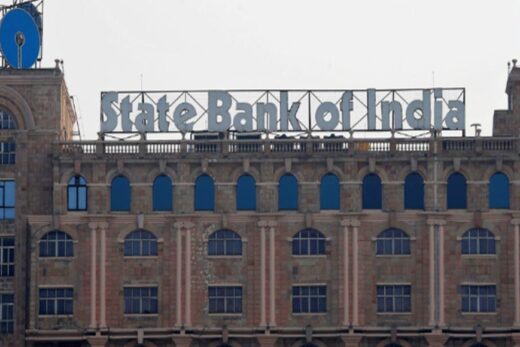The ED notice puts a question mark on the very essence of cryptos and fundamental structure of the underlying digital ledger, blockchain, that allow holders of cryptos to freely transfer coins from their wallets to another wallet and to anyone, anywhere in the world.The agency had asked WazirX to explain transactions worth 2,790.74 crore. “These were carried out in violation of forex rules. WazirX’s platform allowed clients to transfer cryptocurrencies without proper documentation, making it a route for laundering,” said an official.
“Since money has crossed borders, the law of the land applies and one needs to be sure that this money isn’t cheap money (cheap money is low-interest loan) or dirty money (used for illegal activities),” said an ED official.
A trader buying Bitcoin, the most popular cryptocurrency, on WazirX stores the coin in her wallet with the exchange. However, she can move the crypto purchased on WazirX platform to another wallet with another exchange in India or abroad, or to her private wallet which is not linked to any exchange, or directly move coins to the wallet of another person who may be located anywhere.
“WazirX, like other exchanges, may be doing the KYC of traders and investors who have accounts and wallets with it. If any of these traders withdraws a few Bitcoins, WazirX would also know the ‘address’ of the external wallet where the Bitcoins are sent. But it can never know the identity of the person or the entity owning the other wallet which receives the Bitcoin. Knowing the address of the wallet is not the same as knowing the people behind the wallet. This is the very nature of cryptos,” said an industry person.
“The exchange has claimed they have done KYC, but that isn’t enough to ensure that the digital currency isn’t misused. In the absence of any official digital currency and regulation, there have been instances of Bitcoins being used to buy drugs on the dark net as well as for money laundering,” the ED official added.
WazirX and a few exchanges have also received notices from the income tax department which is trying to figure out the source of earnings of the bourses and whether parts have escaped tax.
WazirX CEO and founder Nischal Shetty declined to comment on the matter. The exchange, it is believed, is yet to respond to the ED notice.
The central agency had served the notice to WazirX in June after it stumbled upon information on crypto withdrawals and receipts in the course of an ongoing investigation into Chinese-owned online illegal betting applications. ED, in a June 11 press release had said the Rs 800-crore crypto inflow and Rs 1400-crore crypto outflow were not available on the blockchain.
“While the present investigation is linked to WazirX, ED’s approach and line of questioning could eventually involve other exchanges. Traders on all exchanges are free to transfer cryptos to other wallets… However, we have not received queries or asked to share data on outflow-inflow into wallets,” said an official with another exchange.
Many in the fintech world may argue that ED is wrongly comparing crypto transactions with banking transactions. “A bank or the regulator can find out the details of suspicious accounts. But the essence of cryptos, which aims to bypass the banking system, is anonymity and privacy,” said another person.
However, the concern over fund movements in the garb of cryptos is being voiced by regulators world over. In 2019, the Financial Action Task Force — an intergovernmental organization to combat money-laundering — had come out with the ‘Travel Rule’ that prescribes exchanges, custodians as well as wallet providers to share information on senders and recipients of cryptos.
“It may be easy to implement this among exchanges within a country even if they are competitors. But to enforce this across the world among exchanges and service providers with servers located in different jurisdictions can be a big challenge. Also, it’s difficult to track debits and credits in private wallets which are available on mobile phones and other devices,” said a fintech official.



